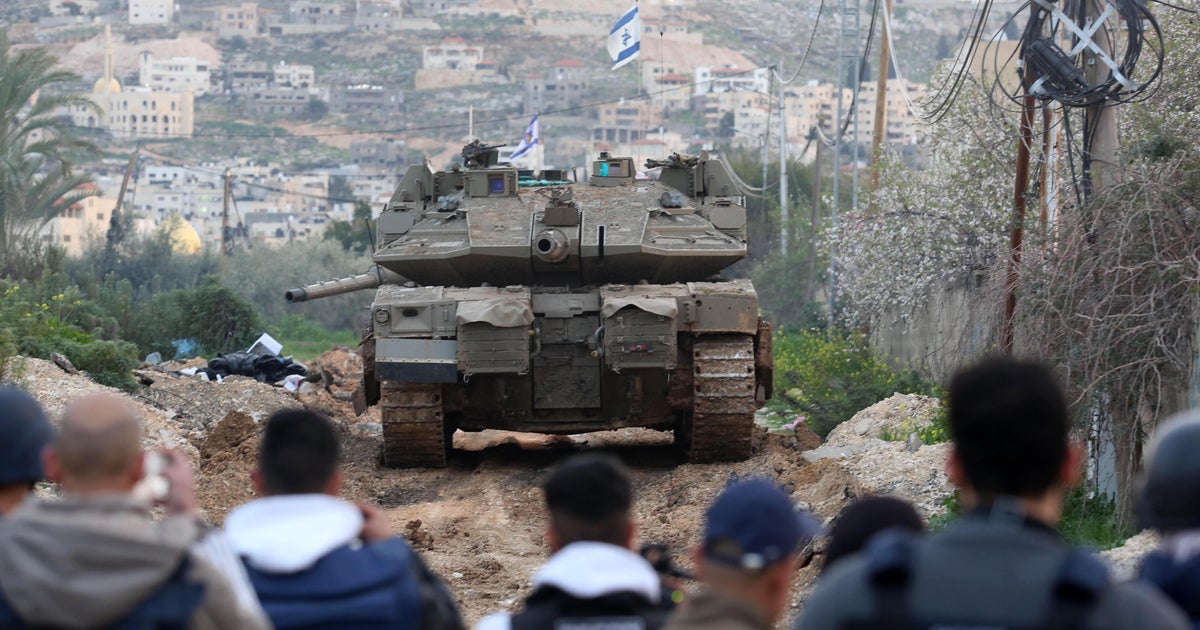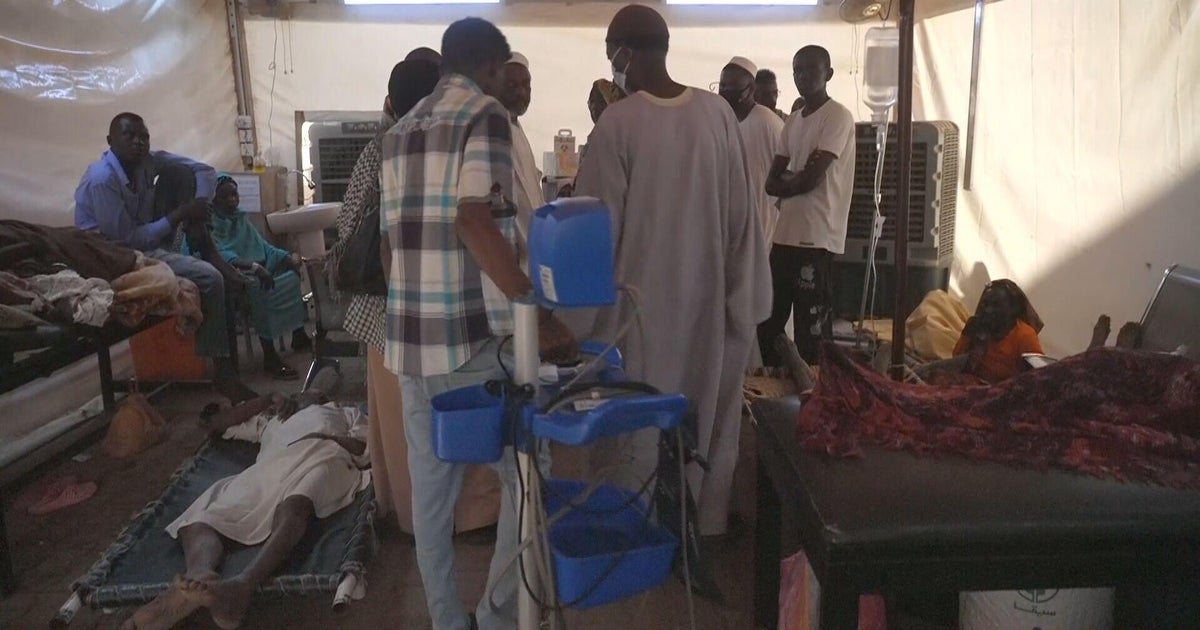Doctors in Syrian city of Afrin struggle to cope with flood of airstrike victims
AFRIN, Syria -- In Syria, some food and medicine finally reached civilians in Eastern Ghouta Monday, the rebel-held town outside Damascus, where 700 people have been killed by Syrian airstrikes in the past two weeks. In the north, it's ally versus ally: the Kurds -- America's most effective partner against the Islamic State of Iraq and Syria (ISIS) -- are now fighting Turkey.
Throughout Syria's seven-year war, the city of Afrin was untouched, but not anymore. Since January, Turkey has been targeting the ethnic Kurds who live here with airstrikes and shelling. It sees the Kurdish forces as a terrorist group on their border.
While Afrin is under Kurdish control, it's in Syrian territory, so President Bashar Assad sent in fighters to support them. In yet another twist to this war, that means Syria is allied with the very same Kurdish forces who've been armed and trained by the U.S. in the battle against ISIS.
Thousands of civilians have fled surrounding villages in the last two months. We saw an unfinished house that has become a shelter. Among pigeons, 18 families live there, including Sherehan Hasan and her six children.
"We were so frightened and scared," she told us. "It's all just too much."
At the small town hospital, Dr. Khalil Ahmed is overwhelmed. They received 27 new patients overnight who had been caught up in airstrikes.
"In the morning I see injured children. At night I see injured children. What did they do to deserve this?" he asked.
We saw one patient, a young boy with shrapnel injuries, whose mother was burned.
"We tried to run," said his grandmother. "But the airstrikes followed us."
Those strikes left another grandson without his eyes. The hospital told us the little boy has been saying, "I want to see."






